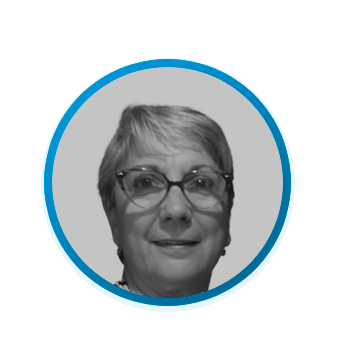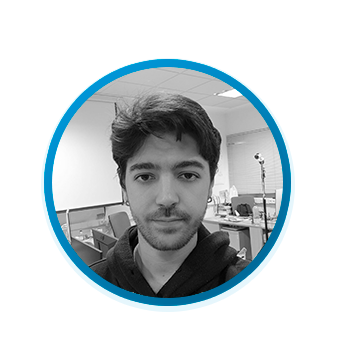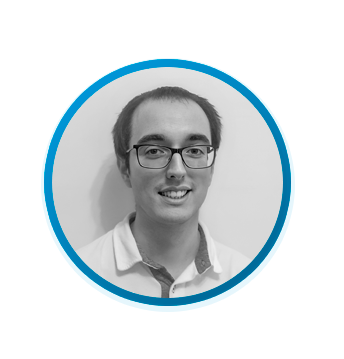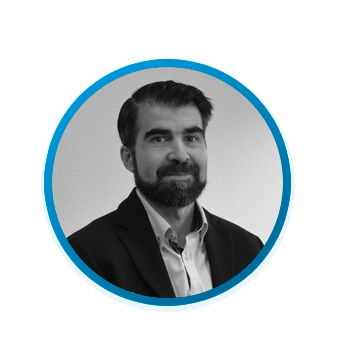Mathematics in the Saharawi refugee camps
By Mercedes Fernandez (ESI-UCLM professor 1989-2017)
The week of April 10 to 16, 2022, the second edition of the Mathematical Olympiad was held in the Saharawi refugee camps. This Olympiad is organized by the Castilian Manchego Society of Mathematics Teachers (SCMPM) with the collaboration of the University of Castilla la Mancha (UCLM).
Why a Mathematical Olympiad?
Learning while having fun is something that any student aspires to, and perhaps this is one of the reasons why the Mathematical Olympiads are such a success.
The Castilian Manchego Society of Mathematics Teachers (SCMPM) does not cease in its efforts to spread its passion for mathematics by returning to the fray with new challenges, challenging those who dare to face the resolution of the problems posed. In this project we want to expand the field of action a little more to another area to help make Saharawi boys and girls, from an early age, acquire security and confidence to do mathematics, presenting activities linked to the environment and motivating problems suitable for working strategies and develop positive attitudes towards mathematics.
The collaboration of the teachers is essential to guarantee the correct development of a Mathematical Olympiad, and for this reason, in addition to the teachers participating in this project, we want to involve the teachers of these children and thus give public recognition to the interesting work they carry out. with his students. Within the spirit of the project of communication between equals, we intend to know their culture and learn from their teaching methods of this beautiful discipline that is Mathematics.
The purposes of this activity are:
- Strengthen mathematical reasoning through problem solving.
- To promote the ability of communication and mathematical argumentation of the students.
- Promote mathematics and provide it with its playful sense.
- Make math classes more dynamic through the students who participate in this type of contest.
- Promote the use of Spanish, which they have as a second language, giving the statements and problems in both languages, Hasanía and Spanish.
The previous edition was held in January 2020 and, due to the pandemic and the socio-political problems in the area, the Spanish teachers could not go, but the local teachers took over with great success. At the time we reported it to the press, which published the data of the two winning girls. Last October we traveled to the Saharawi refugee camps, in particular Dajla, to meet with the academic authorities and math teachers of that wilaya. The meeting was productive, as everyone liked the idea of continuing to participate.
Therefore, this year's Olympiad, which has just ended, has been carried out in two phases: in the first, 140 students (out of a total of approximately 800) from secondary schools participated, chosen by their teachers as among the best in mathematics . Of these, the first 50 advanced to the second phase and CASIO rewarded them with a scientific calculator. The two winners came out of the second phase, Bamba Brahim and Omar Mohamed, who received as a prize traveling to Spain to participate in the Castilla la Mancha Regional Olympiad to be held in Ciudad Real on May 21 and 22, 2022. .
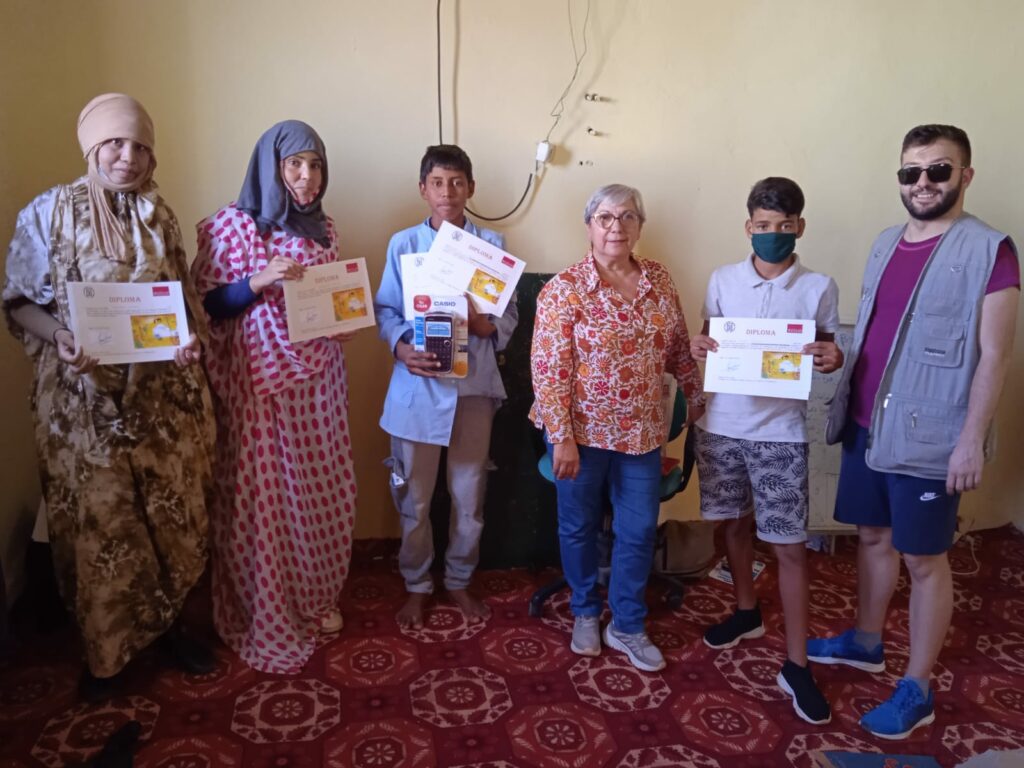
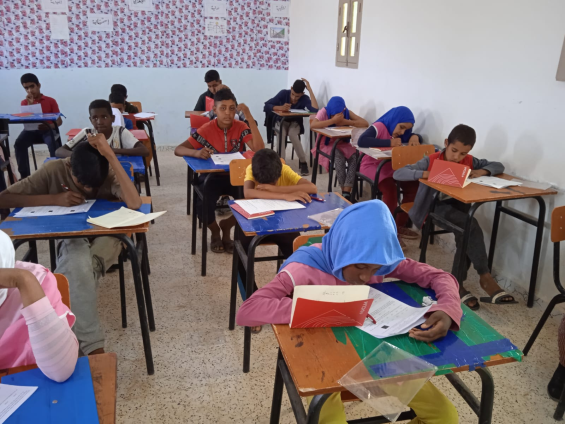
The tests have been done on April 11 and 13, 2022 and the awards ceremony on April 14. The delegation that has traveled has been made up of three mathematicians, José Ángel López, Juan Giralt, Mercedes Fernández and a computer scientist, Julio Alberto López, who were in charge of the organization on site and the correction of the tests. The expedition left Alicante on April 9 and returned on April 17, 2022.
Why in the Saharawi refugee camps?
In 2018 I participated in the project "On the sand, under the stars" coordinated by Julia Díaz and whose counterpart was the director of the Nayem El Garhi Brigade Center, Salek Alamin, in the wilaya from Dakhla, one of the Tindouf refugee camps (Algeria). There I was able to verify the lack of incentives for both teachers and students in this and other subjects, so I thought that doing some kind of Olympic activity, which I have known for years, would bring a bit of fresh air to mathematics classrooms by revolutionizing a little to the centers.
In this wilaya, of more than 30.000 people, there are two secondary schools with about four hundred students per center and only four math teachers, I say teachers because they are all women, the men dedicate themselves to looking for a livelihood when they are not on the front line with war skirmishes with Morocco.
The Saharawi refugee camps are located in the Tindouf region, in southwestern Algeria, in its border area with the Saharawi Territory.
This area was where thousands of Saharawis had to flee when the conflict in Western Sahara began in 1975(1) and there the structure of the Saharawi Arab Democratic Republic (SADR) was born.
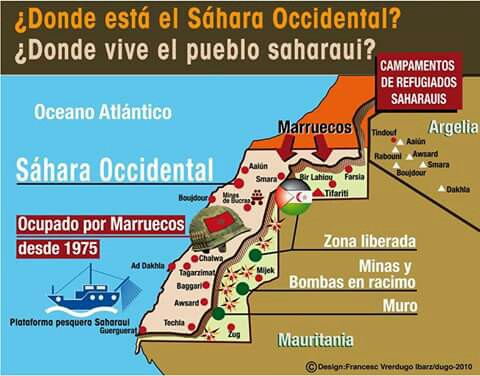
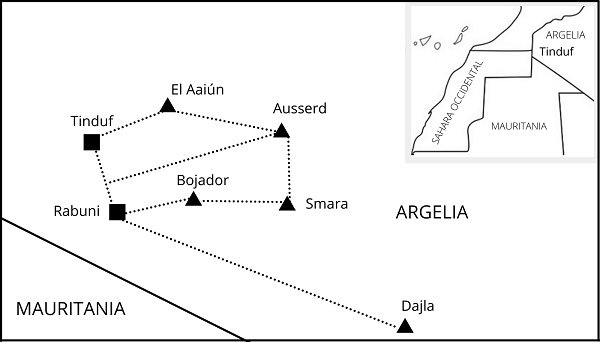
The camps, even though they are in Algerian territory, are managed completely autonomously by the SADR. They are organized in wilayas (provinces), these in Dairas (municipalities), and these in Neighborhoods (localities). Live in tents (fabric tents) or in small adobe houses.
Nearly 40% of the population is under the age of 17. Schooling is compulsory and free up to the age of 16 and its structure is basically Spanish. His problem is after that age, since those who want to do high school or university studies have to leave the camps. Some go to Algiers and others, using international projects, go to different countries, such as Spain, through the Madraza project. A lot of discrimination is observed with girls, who go out much less than boys, I think due to cultural criteria. They do not usually do science careers, they go more for law, psychology, journalism, …
In order to carry out this activity we have had the collaboration of the University of Castilla la Mancha (UCLM) through aid from the departments of Mathematics and Computer Science, as well as the vice-rectorate for Students and the Coordination, Communication and Promotion . We also appreciate the collaboration of Aula Smact, for the financial support to be able to bring the winners to Spain.
The collaboration of the colleagues from the Ciudad Real Mathematical Olympiad in proposing problems for this edition in the Saharawi refugee camps is appreciated.
No less important is the participation of Salambuja Ahmed for his contribution, translating the problems into Hassania, that of Almachi Abdalaje, who has given the Saharawi voice to the mathematical film "Donald in the land of mathematics" to be screened at the closing ceremony. The assembly has been carried out in the C: TED of the UCLM directed by Carlos González Morcillo, whom we thank from here.
Also our thanks to Mª del Mar Pineda for her video on the history of the Mathematical Olympiad and to Ana Gallego-Preciados for making the beautiful poster.
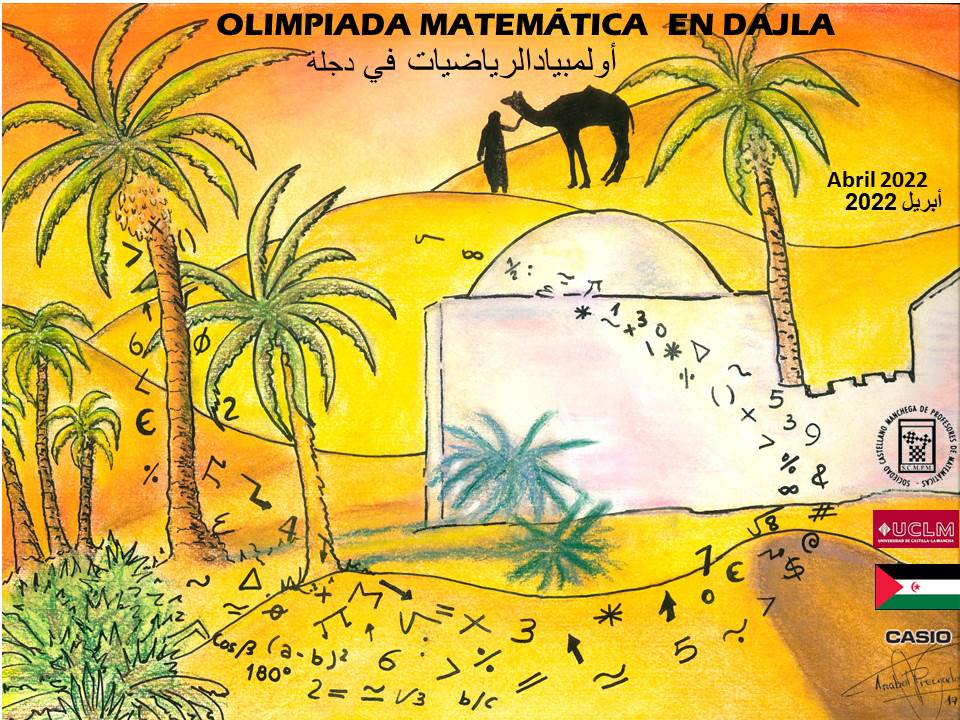
Mercedes Fernández Guerrero, is a retired mathematics teacher from UCLM, and a member of the SCMPM, with whom she has organized the high school Olympics, both in the provincial phases in Ciudad Real and in the regional phases since its inception. She was a delegate of the Royal Spanish Mathematical Society (RSME) for Castilla la Mancha in the National Olympiad for high school boys for 18 years.







